OPEN ASSEMBLY
Experiments in Aesthetics and Politics







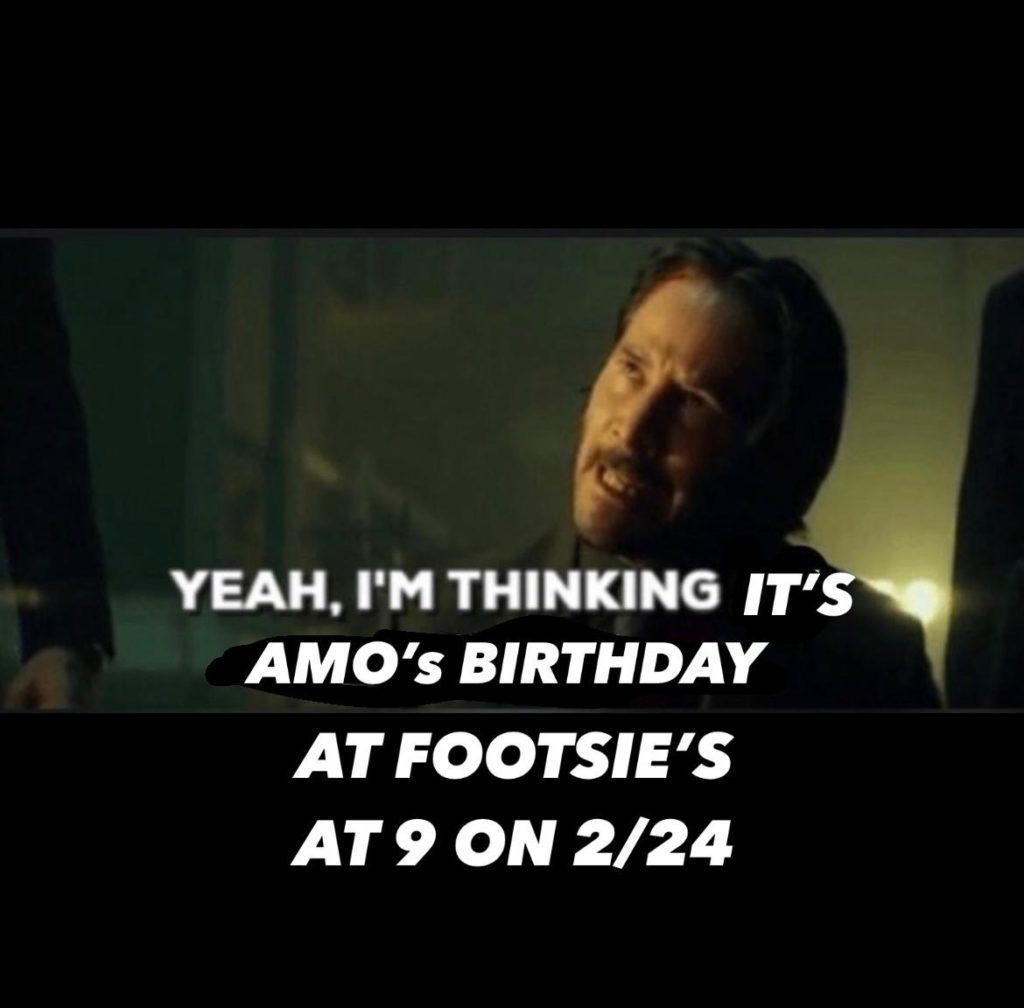
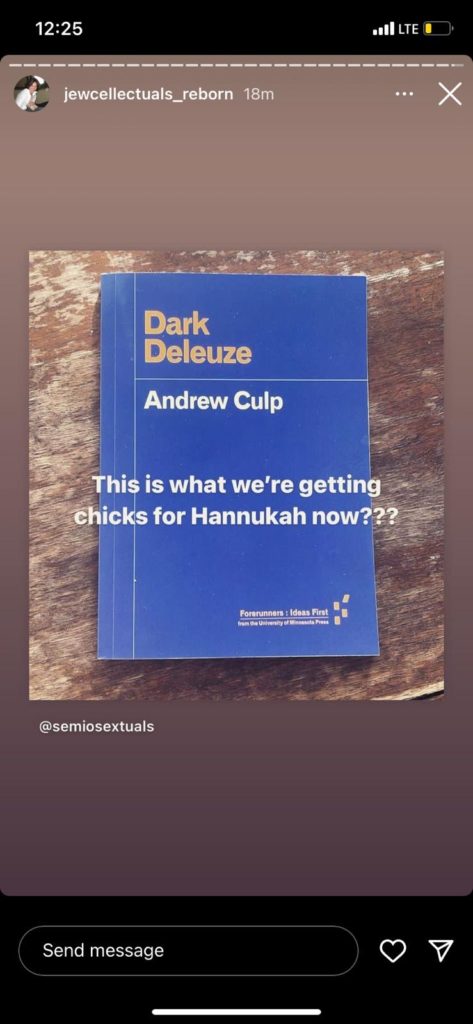
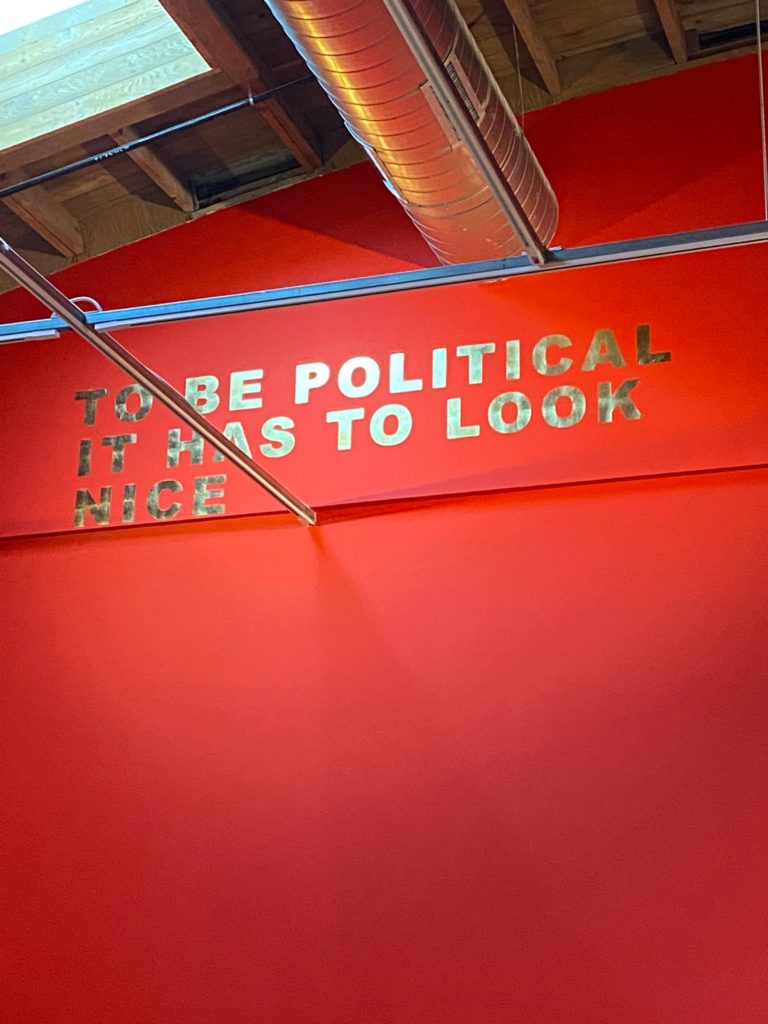
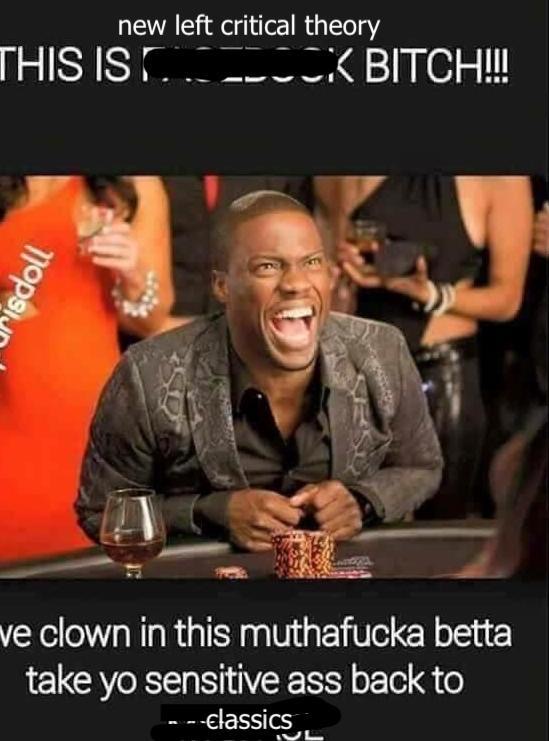
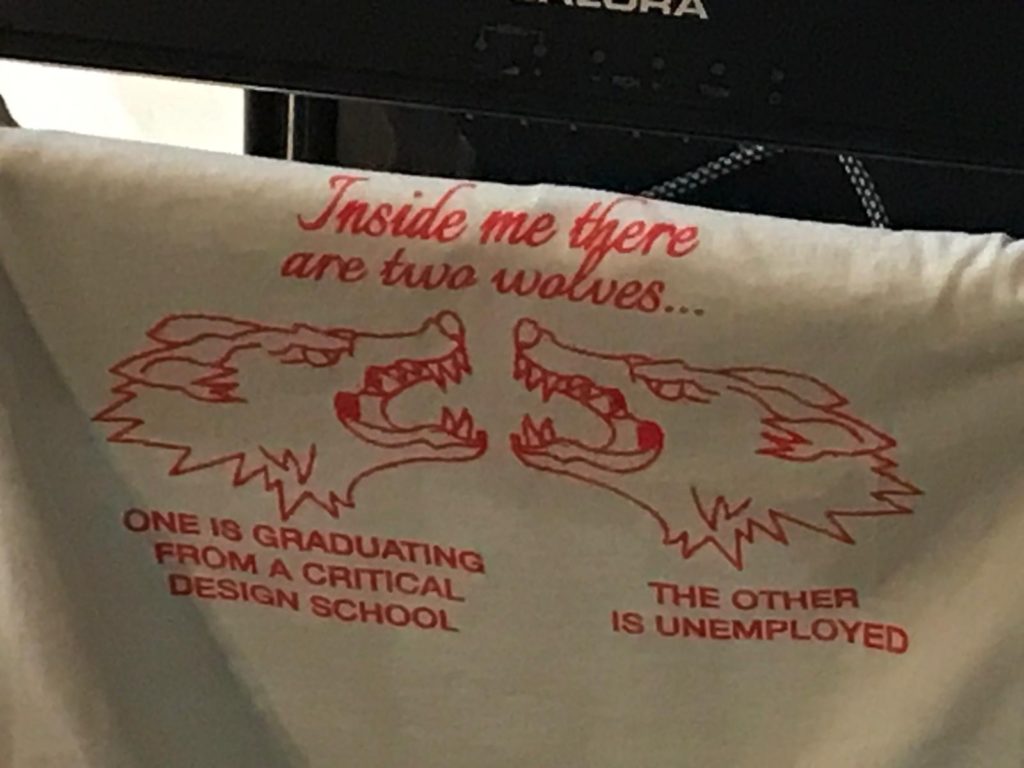
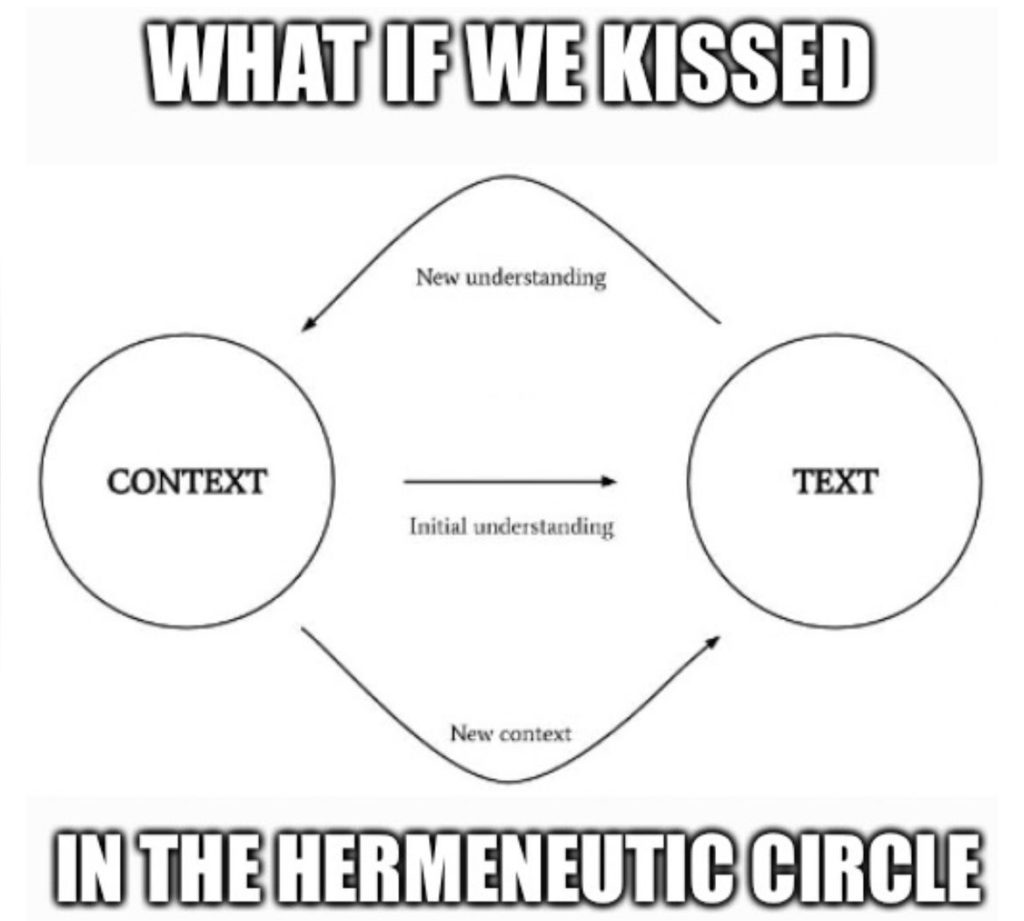


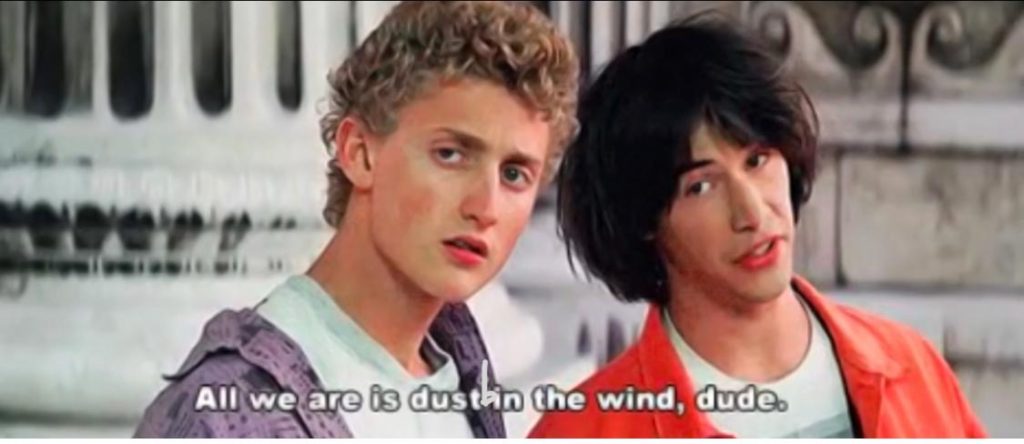




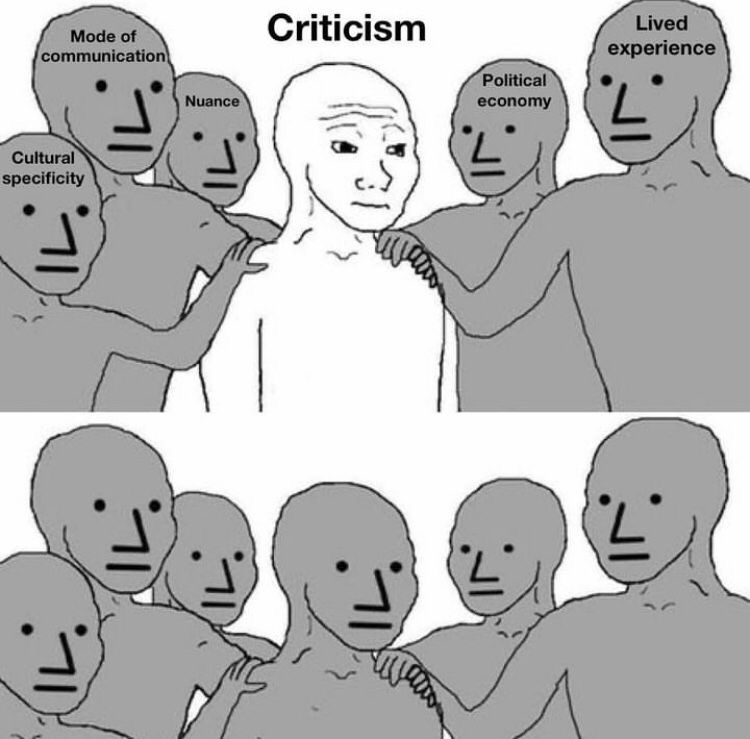
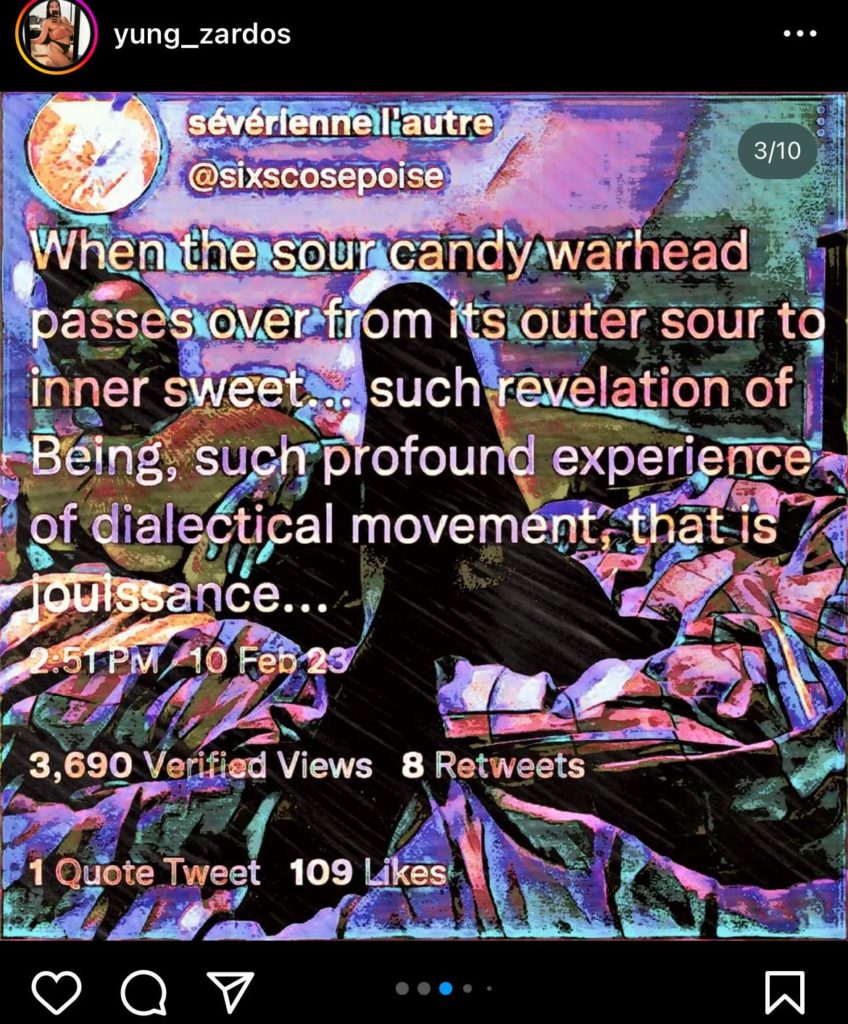

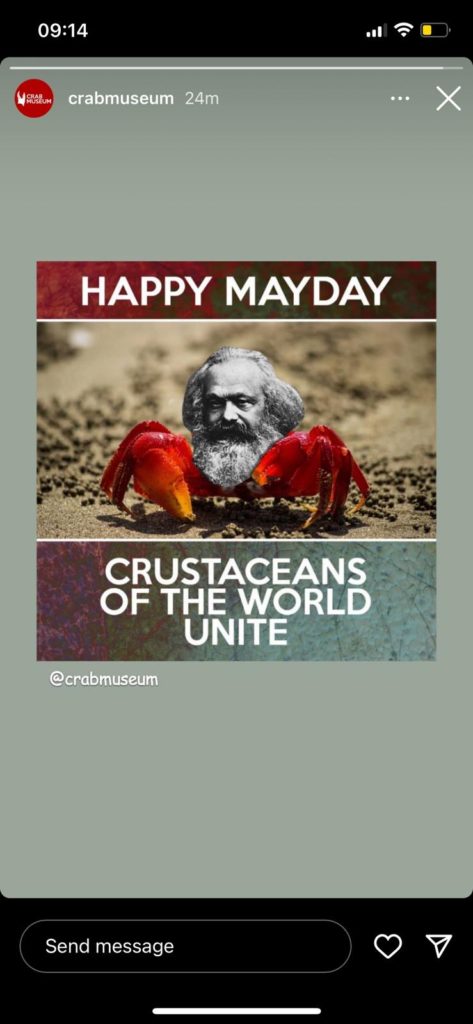


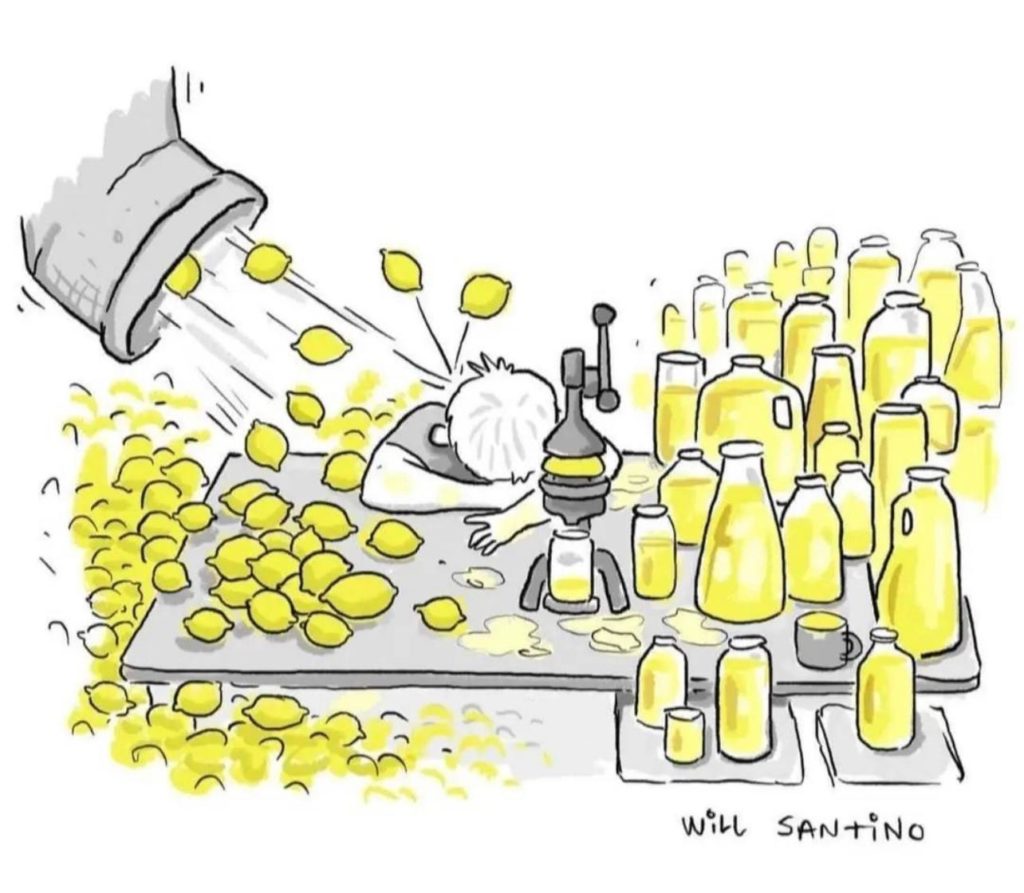
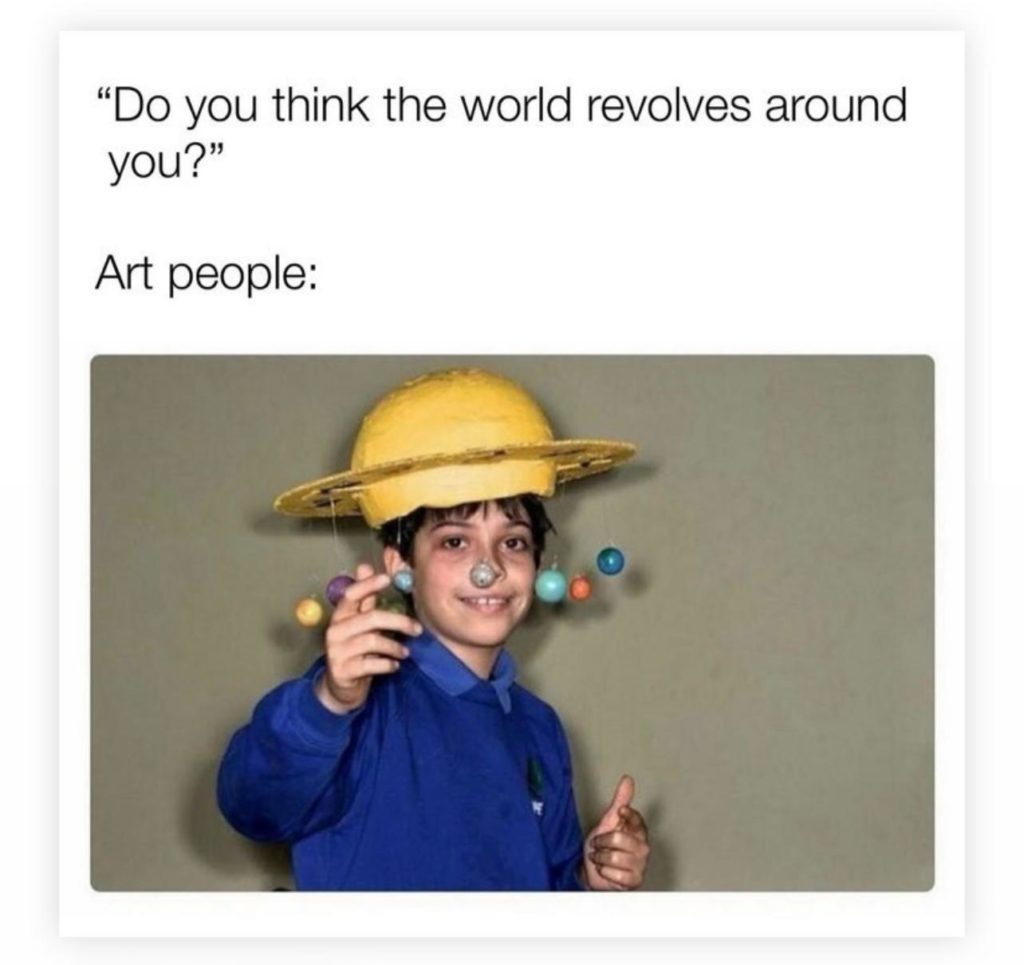
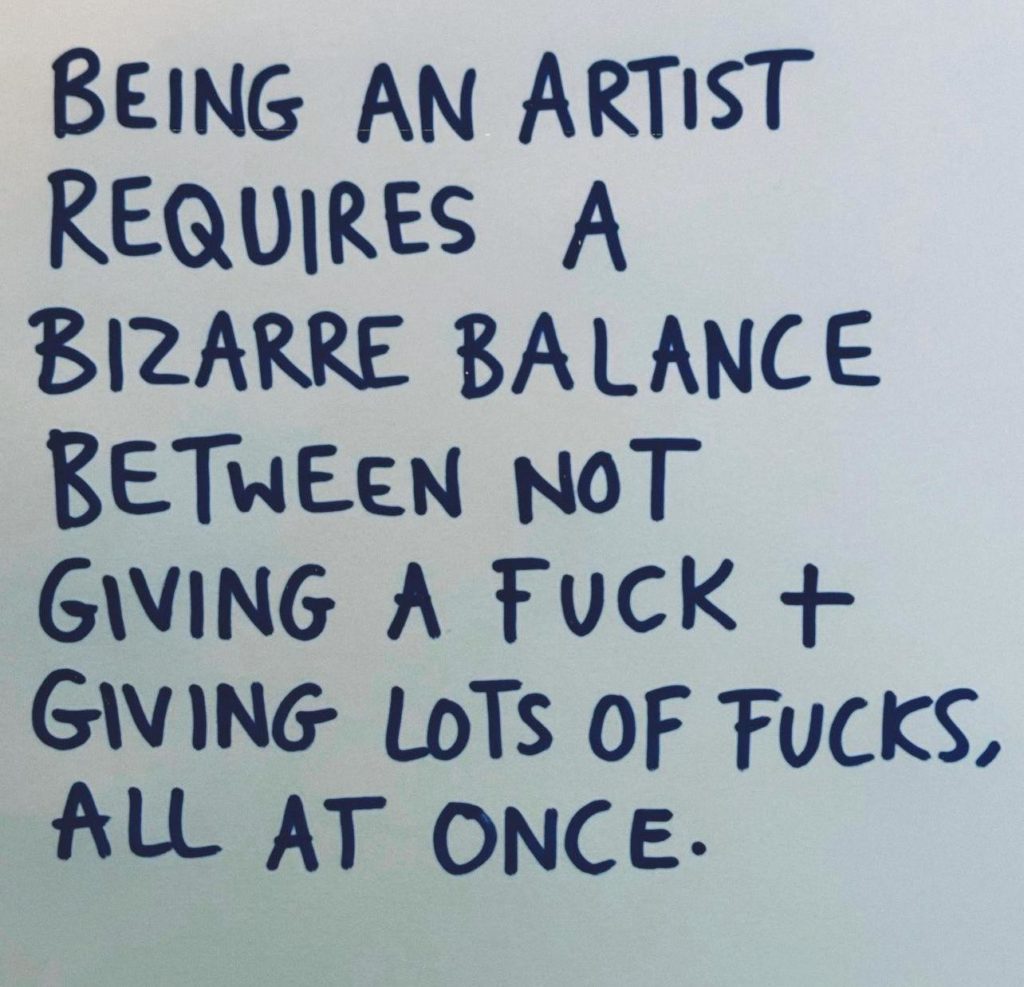

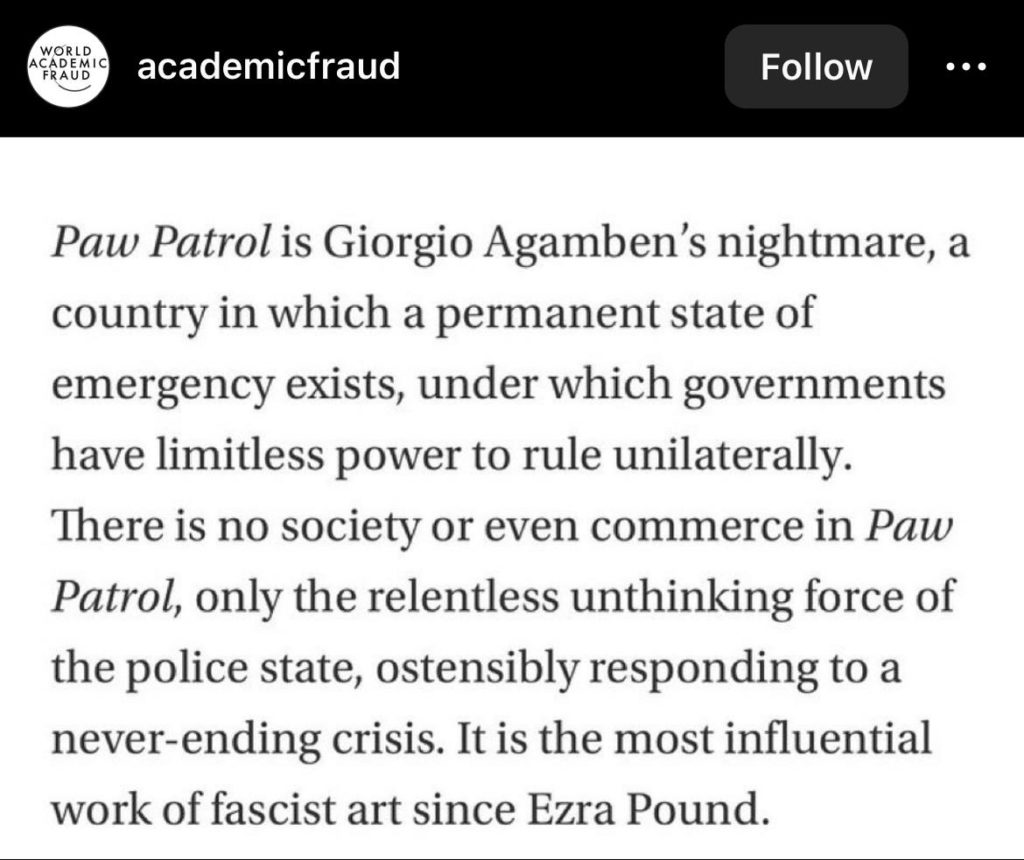




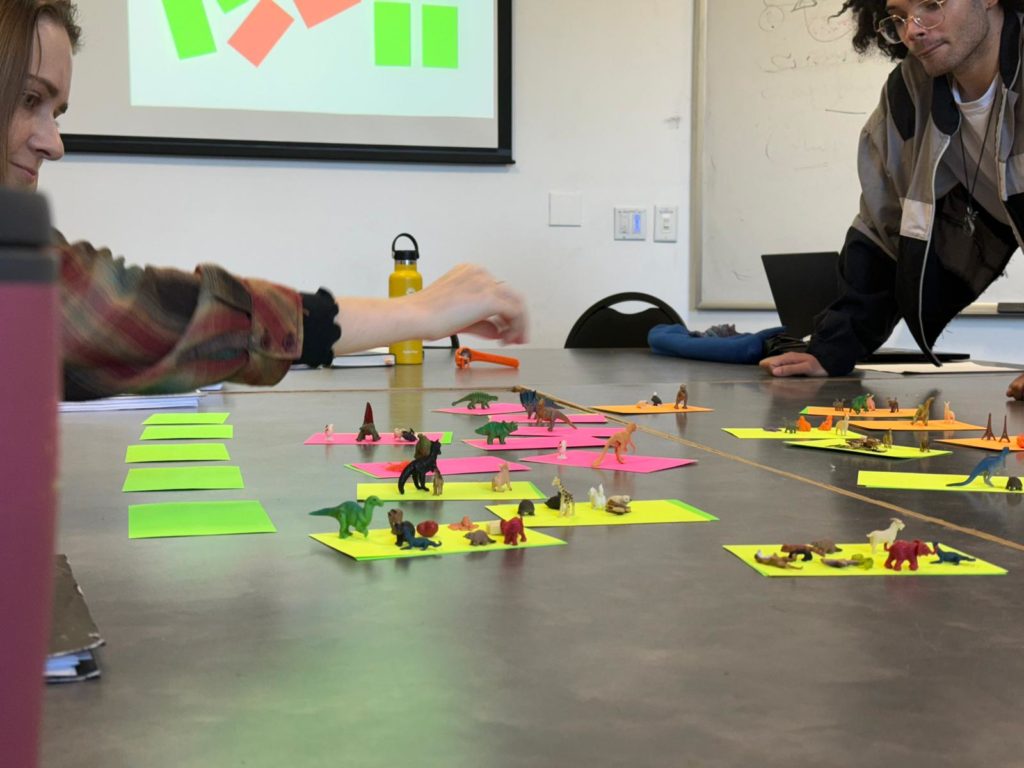
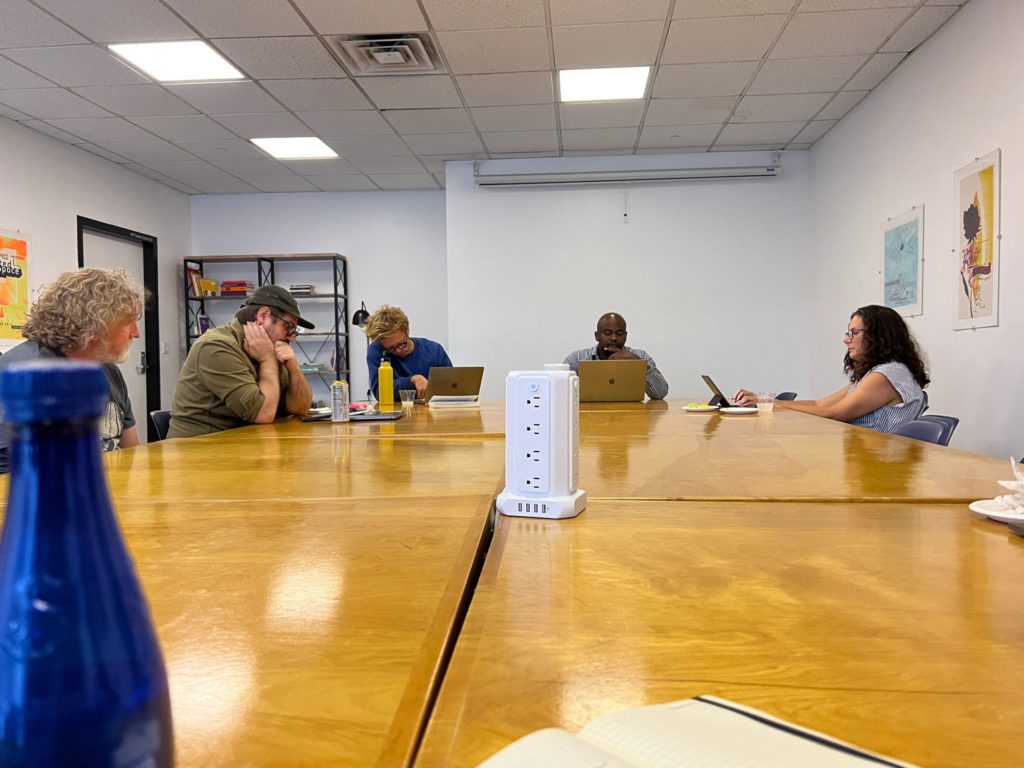


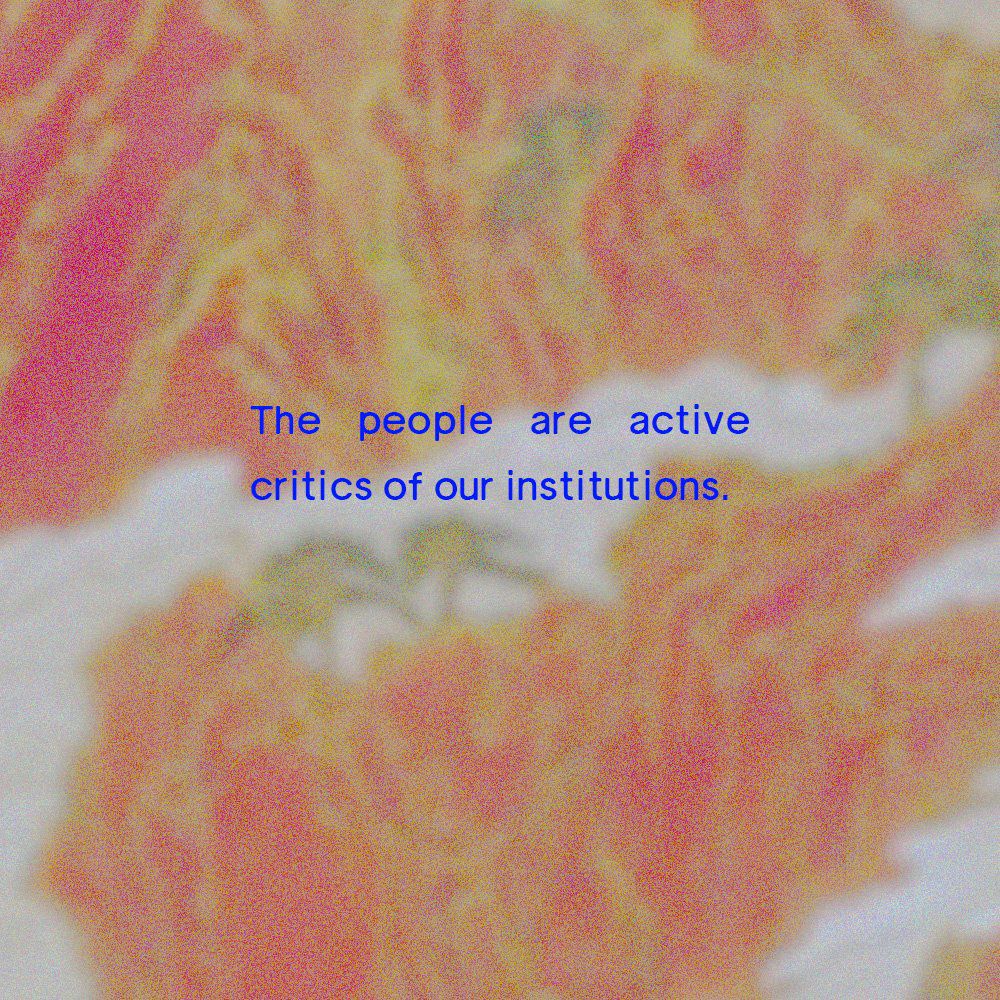

Gabriel Rockhill and Foucault: Through and Beyond Historicism
In September of 2022, the School of Critical Studies at CalArts hosted a talk at the Armory Center for the Arts which, along with Jennifer Ponce de León, featured art and political theorist Gabriel Rockhill. At this point, Rockhill was known by me from his spirited duo of articles in Philosophical Salon on the illusion of Foucault as a politically radical thinker. [1][2] To prepare for the talk, I read more of his work, including his 2014 book Radical History & The Politics of Art. [3]
The following article is firstly an outline of the impression of what I take to be the coordinates of Rockhill’s theoretical methodology, and secondly, a critique. The critique I have put together closely compares the way in which Rockhill conceives of a radical historicist approach to politics and the way in which this approach seemingly is applied in the critique of Foucault. Although the intent of this article is not to launch a defense of Foucault per se, it is my contention in the following that, although Rockhill’s target is not just Foucault’s politics but his historicist project as well, the general schema of historicism is allowed to uncritically reappear in Rockhill’s ‘radical history.’ In short, Rockhill’s assessment of the shortcomings of Foucauldian historical critique is that it is neglectful of the social totality. It is important to note that Rockhill means social totality in the sense of a total multiplicity of factors. As a result of Rockhill’s sensitivity to endless factors playing into every phenomenon, his ‘radical history’ consists in a certain radical skepticism, ever hedging its claims to distinct social determinations and therefore in need of a singular guiding principle or else consigned to getting lost in endless opened threads of context. Open to us, therefore, is a critique of Foucault which goes further, if you will, placing Rockhill and Foucault on the same side of the historicist fence.
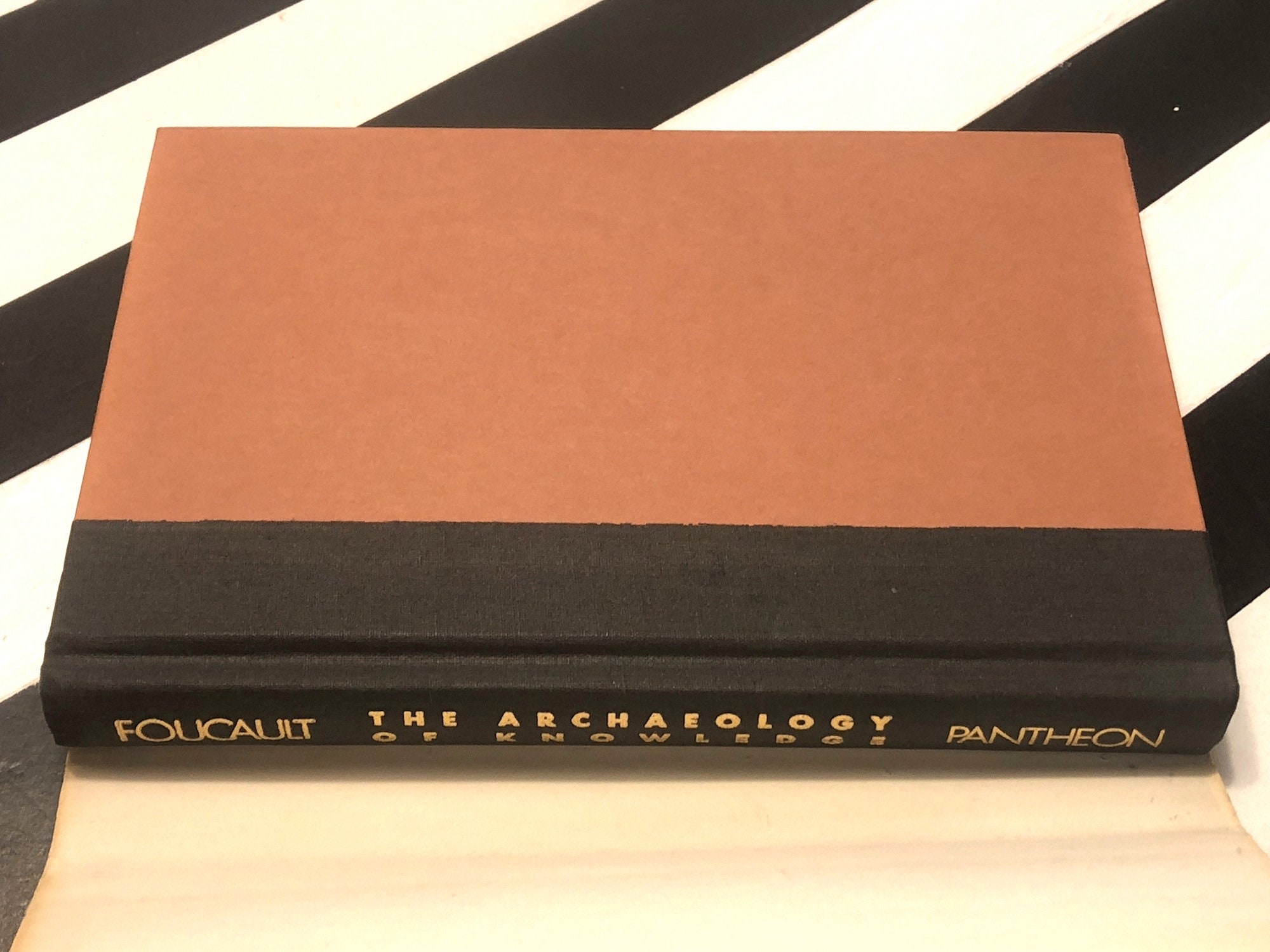
Gabriel Rockhill opens “Foucault: The Faux Radical” by questioning Foucault’s status as a radical political theorist. Rockhill argues that, despite appearances, Foucault’s epistemological critique is not radical. This is because, although Foucault traces institutional knowledge back to a statist orthodoxy that instrumentalizes the human sciences for normative purposes, his method lacks an adequate critique of global capitalism. This inadequacy arises from the state’s role in capitalist reproduction, which is foremost a materialist one and not a discursive one; an account that goes missing from many post-Marxist perspectives.
I would put the angle of critique this way, for instance: the neoliberal state discursively insists (via media and academic institutions, let’s say) on the free choice of consumers as an effect of privatization. Now, this cannot, under a materialist analysis, be feasibly explained as state power reinforcing ideology unless such an explanation articulates the materialist interest of the state as an arm of the capitalist class. Rockhill goes even further, however, asserting that Foucault’s “capitalist theoretical practice seamlessly coalesced with the global theory industry.” Not particular to Foucault, he aligns the post-Marxist and post-Althusserian theory of discourse critique with many academics’ role within today’s neoliberal society, a role which Rockhill terms that of the ’radical recuperator:’
Their [academics’] primary function is to reproduce the social relations of production by providing the worldviews and assorted forms of technical expertise—or diversionary ideologies—necessary for the renewal of the workforce and the global division of labor. They are thus instruments of socioeconomic triage that serve to reproduce inequality. The professional intelligentsia under capitalism is, in other words, composed of instrumentalized intellectuals who play an important political and socio-economic role, regardless of whether or not they are aware of it.
With this assessment of today’s clerisy, Rockhill’s article on Foucault attempts to explain how capitalist dynamics stabilize themselves on a material basis. In effect, the role of the ‘radical recuperator’ is one of unselfconsciously producing the effects of the university Ideological State Apparatus (ISA). For Althusser, the ISA (which includes not only the school, but also media, church, family, and so on) supplements other forms of capitalist society self-reproduction, such as bare subsistence wages or fixes to worn capital, in that it reproduces the relations of production (see Althusser, “Ideology and Ideological State Apparatuses,” 1971). This includes stratification of skilled and deskilled labor along class lines and the instruction of managerial technique and temperament. From what I can tell, the primary addition of Rockhill to Althusser’s formulation is that the ISA of the school (the university in particular) produces “diversionary ideologies” — and that this further succeeds in reproducing relations of production. It appears that this addition is crucial to his critique of Foucault, in that it needs to be accepted in order for a radical thinker whose political edifice does not appear to directly reproduce capitalist relations to be slotted into the smooth functioning of the ISA. At the very least, we should hesitate before accepting this inclusion, regardless of one’s even more foundational acceptance (or not) of Althusser’s institutional analysis. The further we go down this road, the more it appears questionable Rockhill’s overall attitude towards so-called French Theory, if, after all, he relies on an Althusserian analysis of the material effects of philosophy.
Anyway, if the next step is to pose a resistance to Rockhill’s anti-Foucauldianism, then, it seems I am cornered into arguing that Foucault’s enumeration of the state’s discursive activity is not tethered in the last analysis to his politics. If, however, it is with respect to Foucault’s politics that Rockhill dismisses his mode of historicism, I think it is nevertheless worthwhile to disjoin Foucault’s philosophy of history from his political (in)effectuality, whether or not our intention is to defend Foucault’s politics or not. It will be found that Rockhill himself gets caught up, as the methodology of his 2014 book Radical History shows, in a form of Foucauldian historicism. After all, the intention of this article is not to just take up the defense of Rockhill’s target, it is to show that perhaps what Rockhill takes as a primary enemy is due to, in part, his proximity to the target.
In the introduction of Radical History and the Politics of Art, for example, Rockhill opposes the “binary and determinist social logic in which it is assumed that there is a single determinate matrix that work of arts react to (by either confirming it or rejecting it)” (Rockhill 2014; p. 6). Without a reference to any theorist whose position this describes, it is hard to say exactly what this opposition accomplishes. Although it would not take much to be convinced that a determinist logic such as the one he describes is inadequate, the problem, however, is the alternative explanation that this easy obstacle allows Rockhill to choose for himself. If we have the ‘binary logic’ on the one hand, what he opts for instead is simply one of the binary oppositions to binarism: multiplicity. Therefore, his solution consists in a complexification of relative practices in a chain of equivalences: “It is rare that theorists take into full consideration the social force field constituted out of the multiple sites and types of agency involved in the production, distribution, and reception of aesthetic practices” (Ibid.). The problem is that, even accounting for stochastic relations and acknowledging a complex multiplicity of factors, such a position would not allow a political theorist a way out of needing to contend with determinism. On the contrary, perhaps the only place we can find the nexus of both the determinations of the social and its stochastic “agencies” is in a singular agency that is not fully covered by the “social force field” – the subject. In not addressing this role of the subject, Rockhill has no choice but to inscribe himself within the Foucauldian universe, since, for Foucault the subject is discursively produced by the Law and further aided in self-production via disciplinary institutions.
Leonid Gervits – Metro in Leningrad (1987)

Secondly, Rockhill’s bracketing of art and politics as merely discursive categories under which no proper nature can be ascribed is inadequate as a way of linking the two in political lockstep. Not because it is unable to form that link, but because it amounts to describing the link that is already in postmodern capitalist culture.
It is important to recognize that art and politics are founded on the same basic point of departure: the assumption that art and politics each have their own proper nature, and that there is a definitive and definable relationship between them. One of the central aims of this book is to critically examine the viability of this supposition by raising a series of questions concerning the precise status of the supposed entities called ‘art’ and ‘politics.’ (Rockhill 2014, p. 1)
Rockhill’s claim for what forms the basis of art and politics’ linkage is that each has a shared history that is also their status as non-substantial entities. Rockhill makes a further note that art and politics are generally assumed to be substantial entities, and it is this being-the-target-of-the-same-assumption which he claims art and politics share. What about what comes next in an assumption like that? Let us say art and politics are ontological categories. It is only through a radical assertion of that kind that one can truly disjoin art and politics. As it stands, however, this is not contended with in Rockhill. Rather, what is important in Radical History is how each category has been discursively produced, a process in which we find a large similarity between the two due to its starting point being traced to the modern episteme.
In Rockhill’s polemic against Foucault’s faux-radicalism, one of the primary moves he makes is to historicize Foucault. For example, he even asserts that the primary reason for the article’s existence is that the public has largely mis-historicized Foucault or abstract his radical ideas from context:
If it were widely recognized that Foucault was an instrumentalized intellectual whose capitalist theoretical practice seamlessly coalesced with the needs of the global theory industry, at a moment when a premium was placed on promoting French theorists who turned their backs on the Red Menace, then much of this article would be redundant (“Foucault: The Faux Radical”).
From Rockhill’s work however, it is clear the methodological starting point is a Foucauldian bracketing of the concepts of ‘politics’ and ‘art,’ just as Foucault famously did for ‘man.’
This, then, is the contradiction that I would like to elucidate, which is by no means unique to Foucault. It is the contradiction of the radical recuperator, meaning the intellectual who appears radical in certain circles but whose primary social function is to recuperate truly radical critique within the extant system, thereby policing the left border of critique.
What he does not end up considering is that based on the historicist understanding of epistemes espoused by academics like Foucault, the politics of critique which takes as its aim to resituate discursively the object of critique amounts always to a reaction, given that these objects of knowledge are situated in the first place by power. Furthermore, from the Marxist perspective, the discursive resituating of the object of critique would be useless unless accompanied by a transformation in the material situation of the object.
To concretize the point: art did not become a modernist endeavor or a site for the avant-garde because the avant-gardists shied away from normative or even ontological claims about the work of art. Involved in the normative claims is the necessary enactment of a practice which attempts to transform the object itself. Radical critique, if we can call it this in its Marxist valence, means maintaining the gap between the normative assessment of the economic structure of society, let’s say, the socialist embrace of technological production, and the actuality of the structure: both the destitution of workers in the realm of production and the destitution of the surplus excluded from the realm of production.
It, therefore, is not the case that a radical new understanding of art and politics would follow from a lucid description of art and politics in postmodern society, that is, that there is an indeterminate and complex relationship between the two that cannot be outlined without accounting for the contingency of ‘multiple agencies.’ In Rockhill, what appears to be an opening toward contingency, anti-essentialism, and so on turns out to be a description of the present as it already appears to the relations of market society. This leads to getting caught up on the other side of the fence, in a reification of the postmodernist culturalization of politics. If art and politics cannot be distinguished in a determinate relation, this also means thus that art cannot be properly politicized – therein lies the plight of leftist or transformative politics today.
If art is always already politicized in some way – Rockhill speaks of the politicity of aesthetics rather than the politics of art – this is only by virtue of the absence of a political alternative to capitalism as the structure of society. If Foucault’s legacy on the left needs to be reckoned with and historicized, it is this observation that should be held as primary. The question remains, then, is it so simple to conclude that Foucault has offered the left an immanent anti-communist yet radical edifice? Or is it the case that our analysis of his legacy must account for the ensuing of capitalist realism as a specter over Foucault’s thought? From this, the failing of Foucault would have to first not be a leftist failure, which ought to be instead placed downstream from a philosophical failure on the part of his historicism’s descriptive critique of any normativity (including the emancipatory philosophy of the Enlightenment) backed by an epistemological skepticism toward any state knowledge.
